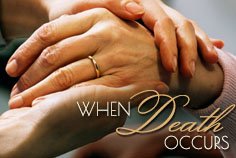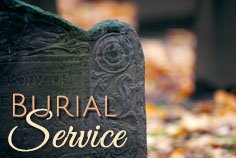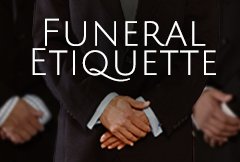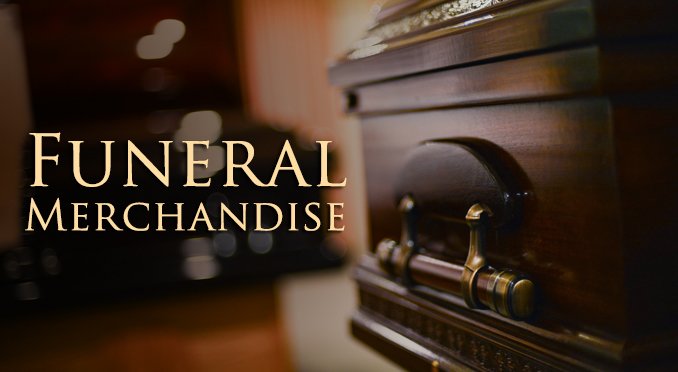
Funeral Service Options
This section contains useful information about what to do when death occurs, funeral etiquette and frequently asked questions.
Saying goodbye to someone you love is never easy. Often the feelings of grief and loss are compounded by the stress of planning a funeral, notifying extended family, and handling business matters such as life insurance and estates. While it can feel overwhelming, family and friends getting together to honor a loved one’s life is one of the most important steps in the grieving and healing process. You may opt to have a traditional religious or military service, or as more and more people are doing, you can choose to have a non-traditional ‘life celebration.’ The professionals at Legacy Chapels understand the complexity and the emotions of this difficult time and can walk you through the funeral planning process step by step.
Decisions need to be made about the location of the funeral, the choice of casket or urn, and who the pallbearers should be. Another decision to make is who will be officiating the service. You can choose to have a minister (or another religious leader) or a celebrant officiate the service. The difference between a minister and a celebrant is a celebrant is non-denominational.
For many families, the best person to officiate is a close friend or relative of the deceased. Sometimes a spouse or child leads the service. The choice of who serves as the officiant is a personal decision that should be made thoughtfully with concern for the deceased and the person making the remarks.
Whatever you choose, some sort of service is expected from family and friends of the deceased. We are here to help create a unique and memorable service that people will remember fondly for years to come. Contact us to discuss your needs.

 When Death Occurs
When Death Occurs
No matter if a death is sudden or if it is something that was a long time coming, the loss of a loved one makes us feel emotional and overwhelmed. No amount of preparation can fully prepare you for the loss of a loved one. When you are in a heightened emotional state, even the most basic decisions can seem staggering. For most people, making funeral arrangements is something they only have to do once or twice in a lifetime, thankfully. Therefore, it is critical to have a knowledgeable professional at your side to help you through the planning process.

 Burial Service
Burial Service
Traditionally, a burial service involves a visitation, followed by a funeral service in a church or another place of worship. The casket is typically present at both these events, and it is your decision on whether to have the casket open or not. You have the option of having the remains interred (earth burial), or it may be entombed in a crypt inside a mausoleum (above ground burial).

 Cremation Services
Cremation Services
Cremation is an alternative to the burial process, and it is chosen by many people because of religious beliefs, the desire to preserve the environment, or it was requested by the person who died. The remains are placed in a container that is combustible and placed in a special furnace called a cremation chamber or a crematory where through intense heat is reduced to bone fragments that are then crushed and pulverized to resemble coarse sand. The remains, often called ashes, are returned to the family in either a temporary container or an urn of the family’s choosing. Many families opt for cremation as they make funeral plans rather than burial because it allows them to keep their loved ones close to them. A grieving person can take the urn home and keep it nearby to comfort them during the difficult days ahead.

 Eulogies and Obituaries
Eulogies and Obituaries
Giving a meaningful, moving eulogy can be a nerve-wracking situation for even the most accomplished public speaker, but it need not be. How can you summarize somebody’s life in a few short minutes, while being both somber and funny at the same time? If the person giving the eulogy for your loved one is a friend or family member, that person may need help putting together an appropriate tribute. Your funeral planning professional can help with that by giving tips on how to gather information and structure it appropriately. We can also help with assembling an obituary if your family wishes to publish one.

 Funeral Etiquette
Funeral Etiquette
Like everything in society, funeral etiquette and what is expected of you has evolved over time. It’s helpful to keep in mind that every family is different, and what is considered appropriate for one service may not be for another. Some families may want a service that is a celebration of life with lots of sharing of stories and laughter, while others prefer a more somber gathering with quiet reflection. As always, common sense and good discretion is the best guide to proper funeral etiquette. Here are a few do’s and don'ts of funeral etiquette.

 Funeral Merchandise
Funeral Merchandise
See the different product offerings we have.

 FAQ
FAQ
A funeral is a ceremony for a deceased person prior to burial or cremation. A funeral gives the opportunity for family and friends of the deceased to gather and mourn the passing of their loved one, to share cherished memories and celebrate their life.


